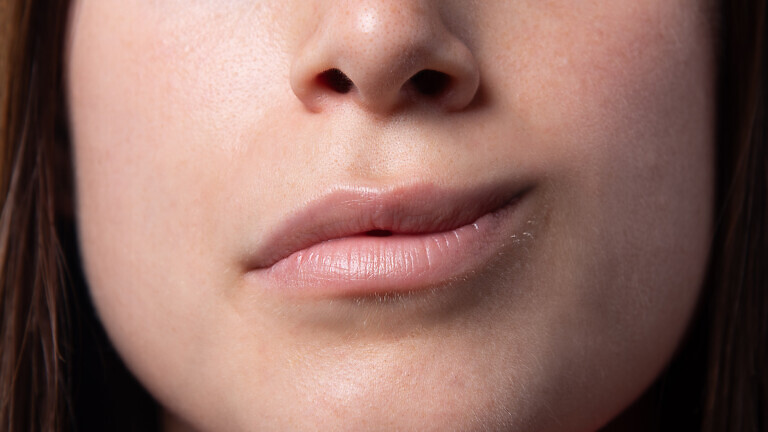James Henderson, a surgeon and neurodiversity lead at the Confederation of British Surgery, says that 29% of autistic doctors conceal their diagnosis because of fear of discrimination.
As a neurodivergent consultant surgeon, I often feel thankful that I was not diagnosed with autism until I was 48. By that time, I had established myself in both my professional and personal life, and my diagnosis could not possibly thwart me on either front.
This is a different story for many neurodivergent trainees, and surgeons diagnosed early in their careers. Often, they are told that it is not possible to have a successful surgical career, and are shamed into giving up their dreams altogether. Those who persist are rarely offered any specific support.
Reactions to neurodiversity among surgeons span from denial or passive resistance to accommodating changes right up to outright refusal. Requested changes are generally quite small, but may spell the difference between a surgeon being able to work comfortably and not. It is not possible, for example, to have my own office in my current workspace; the alternative is a noisy open-plan office with shared desks that I am unable to use. Providing me with a Trust laptop allowed me to do all my administrative tasks in a place I feel comfortable, or from home.

Fear of workplace discrimination
I am the deputy leader of Autistic Doctors International (ADI). It is telling that four of the 17 doctors on its leadership team are anonymous, and 29% of all autistic doctors conceal their diagnosis because of fear of workplace discrimination. ADI is a voluntary group, and we do our best within this limitation to provide support and mentorship to everyone who needs it.
In doing so, it is highlighted just how little support there is for neurodivergent surgeons.
When I speak to managers, it is clear that they do not want, do not know, or do not understand how to make practical changes that could support me and others. It is 2025: how can we still be losing talented surgeons from the profession through stigma and ignorance?
As far as I know, I am the only openly autistic consultant surgeon in the UK, and this speaks volumes about the stigma attached to neurodivergence in the surgical community. Nobody knows how many surgeons are autistic because they are too afraid to declare or even to seek a diagnosis.
What needs to change? For a start, the NHS must stop paying lip service to neurodiversity and start effecting tangible change.
We need dedicated teams to help guide hospitals in how to make reasonable adjustments. The guidelines from the National Autism Implementation Team (NAIT), a Scotland-based practitioner-researcher partnership, have yet to be implemented widely. Autism is still viewed through a deficit-based lens, forgetting – or ignoring – our strengths, which include attention to detail, reliability, persistence and integrity. A struggle to communicate or understand social nuances does not mean that we lack empathy, yet this is widely believed to be a fact.

Support and signposts
I will not give up. I’m the neurodiversity lead for the Confederation of British Surgery (CBS), I’m deputy leader of ADI, and I’m starting a project with the Royal College of Surgeons of England. I will hopefully be able to influence change at a higher level now. I’m passionate about shaping the way forward for neurodivergent surgeons. We must ensure these issues are addressed with the urgency they deserve, and the barriers being faced by so many daily are torn down.
If you’re a neurodivergent surgeon struggling with support or adjustments, I encourage you to seek support. There are groups like ADI that are here to help. And if you’re facing challenges at work, I’d recommend connecting with CBS, which offers support and signposts for neurodivergent surgeons.



